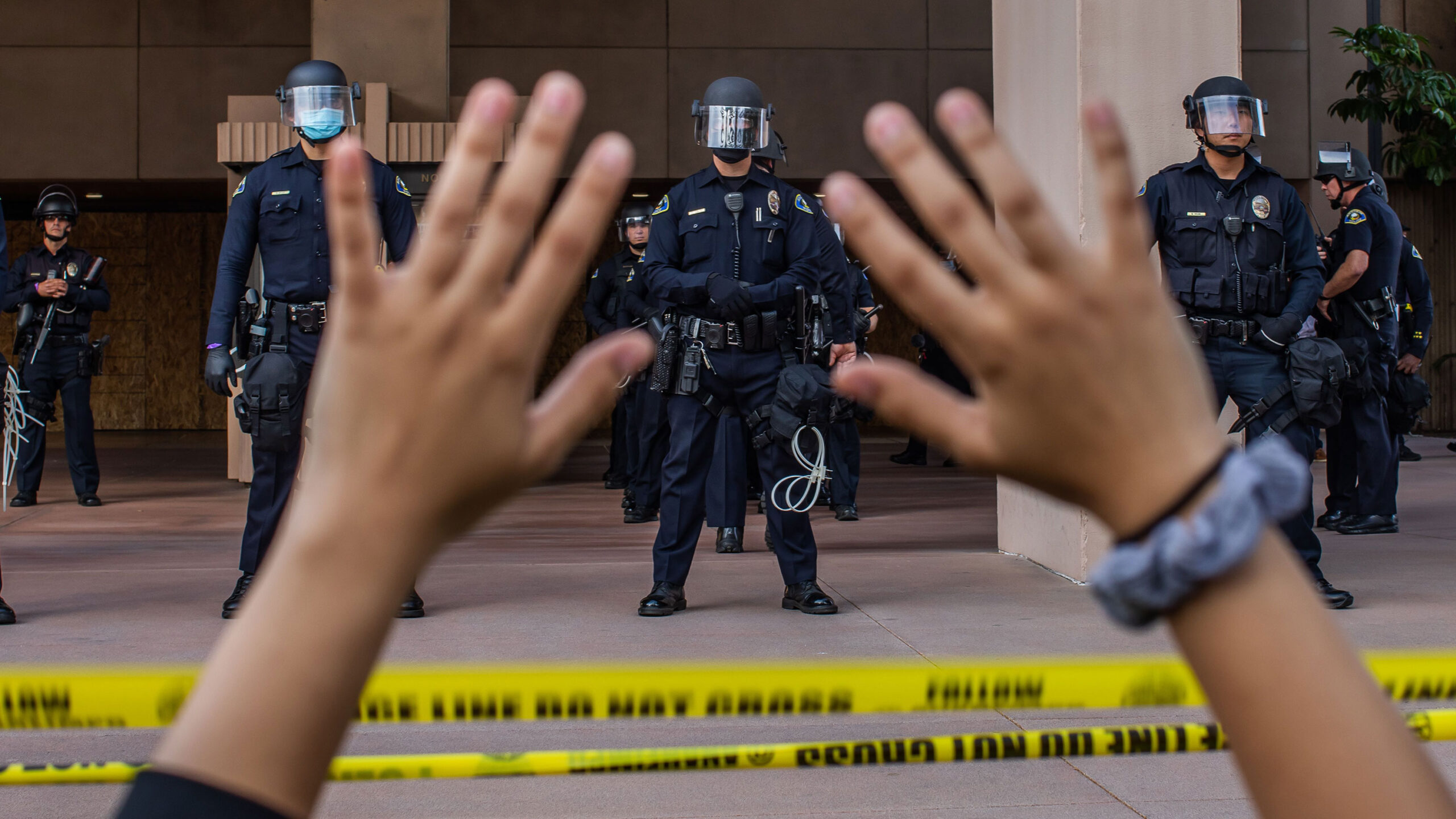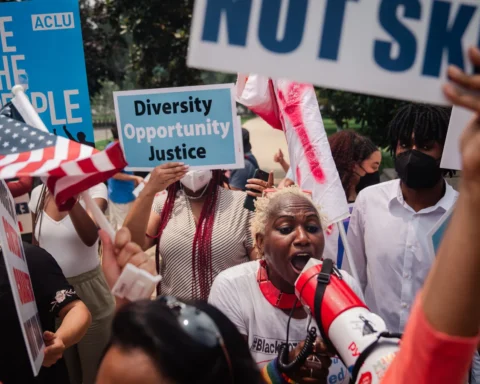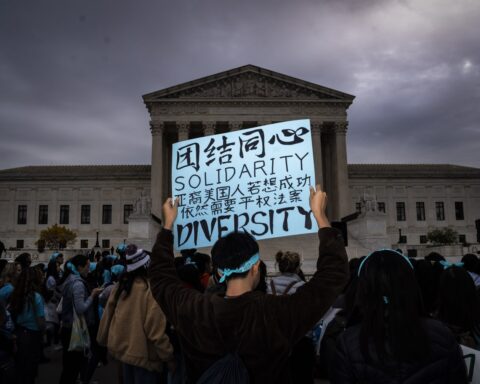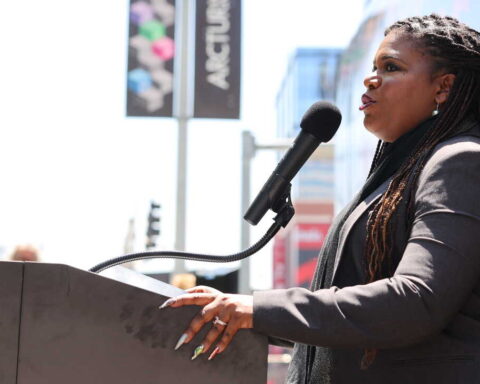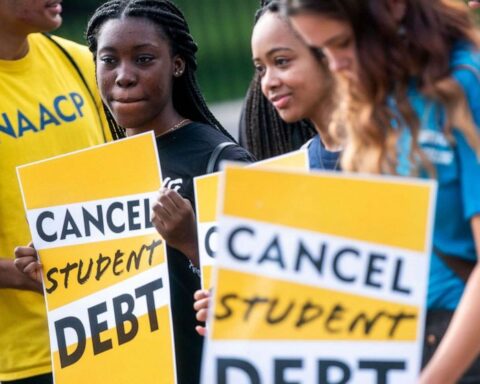Higher unemployment rates, lower household incomes and lack of access to health care left Black Americans more vulnerable to the Covid-19 pandemic and there is an urgency to address these structural inequities, according to a new report on the state of Black America released Thursday by the National Urban League.
The report titled “The New Normal: Diverse, Equitable & Inclusive,” concluded that Black people are facing the burden of “three pandemics,” which include racial inequity in health care, economics and public safety.
The authors of the report also point to overpolicing — including frequent targeting of young Black men — and lower vaccination rates due to a dearth of health care facilities and poor internet access as key challenges for the Black community that have been unmasked by the pandemic.
Police brutality against Black people was back in the spotlight after the deaths of George Floyd and Breonna Taylor sparked a nationwide reckoning on racism last year even as the country battled a pandemic, the report said.
Black people are 6.5 times more likely to be stopped by police while driving and 20 times more likely to be searched during a stop than White people, according to the report.
Marc Morial, president of the National Urban League, said the country is at a “crossroads of racial reckoning.”
“One path leads backward, toward the “old normal:” a return to the marginalization, discrimination, and segregation that left Black and Brown Americans exceptionally vulnerable to a deadly virus and economic desperation,” Morial said. “The other path leads toward a nation where police approach the communities they serve as allies and collaborators, and not hostile combatants; where every citizen has equal access to the ballot box, where fatal complications in pregnancy are just as rare for Black mothers as for as white mothers, where the value of a home is not determined by the race of its owner.”
The report notes key data that reveals an economic disparity between Black and White people. For example, nearly 17% of Black households lack basic financial services such as access to banks compared to 3% of White households. Additionally, the median family income for Black families was just over $40,000 in 2018 compared to about $70,000 for White families.
One solution the report discusses is free and low-cost banking services that allow Black households to build wealth
Additionally, the report’s authors reviewed vaccination rates among Black, White and Hispanic people as of May.
According to the study, Black people make up 27% of the the total population that has received at least one dose compared to Hispanic people who make up 29% and White people who make up 40%.
“Black people were more likely than Whites to live more than 10 miles from a vaccine facility,” the report says. “Online sign-ups for appointments also posed a barrier: Black and Latino households are more than twice as likely as Whites to lack a home computer and about 50% more likely to lack high-speed internet access.”
The report also discussed the racial disparities in hypertension, noting that addressing this will require more attention to the social needs of Black people such as financial hardships, limited access to health care, housing, utility and transportation needs, and stress.
Th study, Morial said, is making the case that dismantling structural racism is critical for the country to make progress toward racial equity.
“Identifying and repairing the cracks in our national foundation will result in more resilient and dynamic institutions that expand opportunity for everyone,” Morial said. “To quote a flippant sentiment frequently shared on social media, equal rights for others does not mean less rights for you. It’s not pie.”
